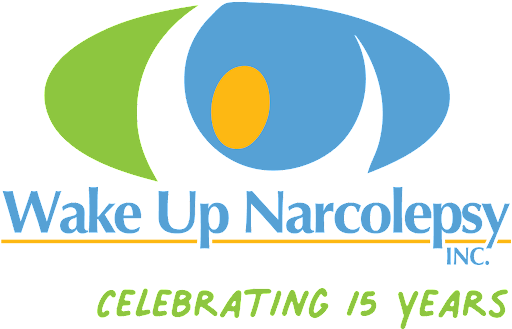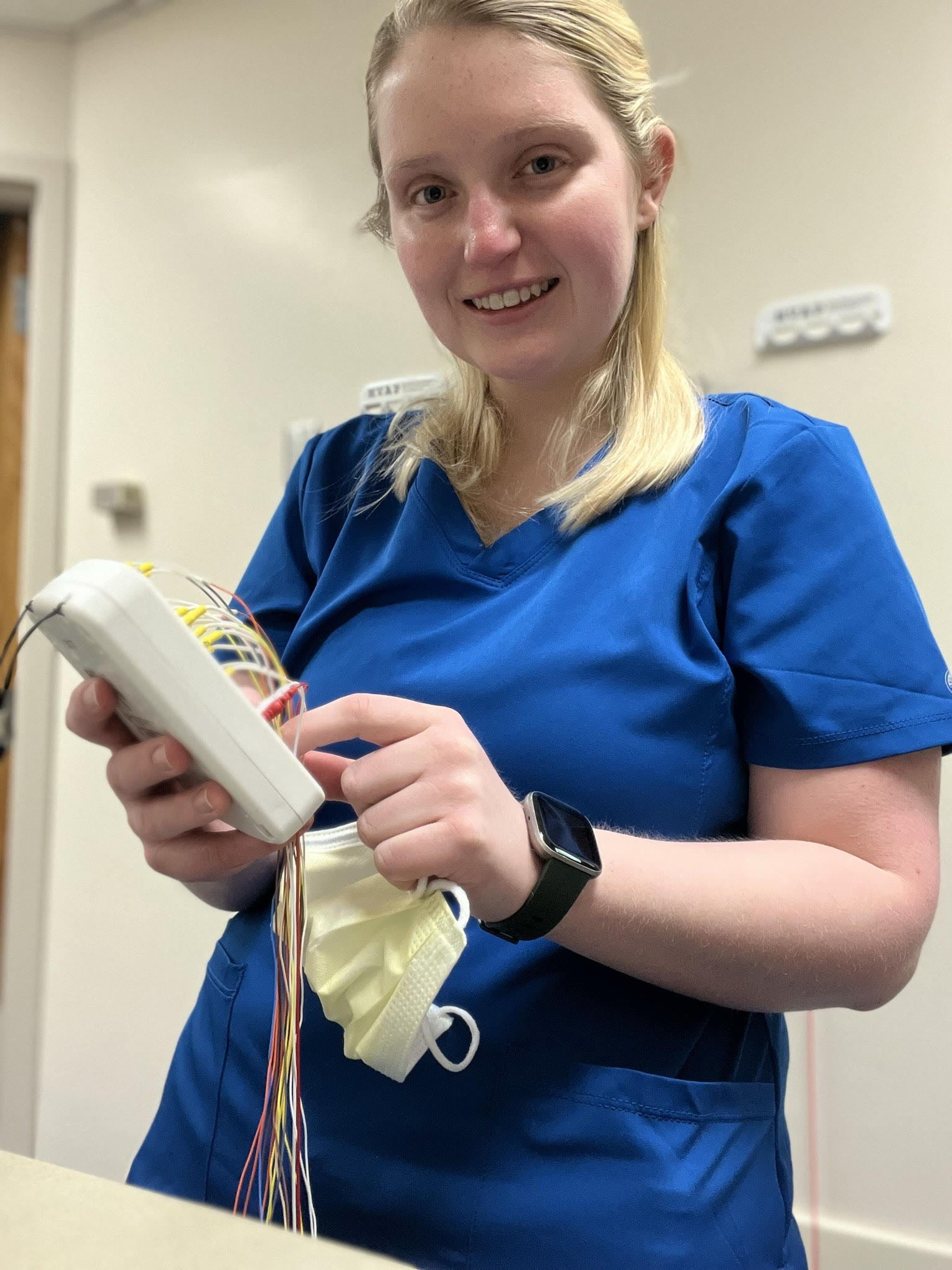Apr 12 2023
Tara O’Connor On Navigating College and Careers With Narcolepsy
h in Blogs
By Tana Bao MSN, NP, RN
Wake Up Narcolepsy offers various targeted online support groups to individuals and their families living with narcolepsy. These groups are free to attend and are designed to provide a sense of community for those living with this disorder.
One of these support groups is for individuals navigating College and Careers while living with Narcolepsy and is hosted by community member Tara O’Connor. The group meets every Tuesday at 7pm ET on a virtual platform and welcomes anyone who may be interested in connecting with them.
We had the chance to interview Tara O’Connor for this blog. She shares her story living with narcolepsy as well as her best advice navigating college and the transition to professional life.
The Start of Symptoms
Tara O’Connor started showing symptoms of narcolepsy as a toddler. She had strep numerous times as a young child and had her tonsils removed by age two which likely precipitated the development of her narcolepsy. Growing up, she always felt something in her life was “off.” As a school aged child, she experienced vivid dreams along with hallucinations during sleep, leaving her fearful to go to bed most nights. She recalls having mild cataplexy episodes (though she did not know it at the time) where her knees would buckle if her friends made her laugh. She also recalls falling asleep in the car every time she and her parents would go for a drive.
Tara was told she had ODD, ADHD, anxiety, and depression. She was placed on medications for these diagnoses, none of which helped aside from the ADHD stimulants but even these wore off quickly. She did catch mononucleosis and H1N1 during her teen years and each time she got sick, she felt her symptoms progressed.
In 2015 at the age of eighteen as her symptoms continued to worsen, Tara was referred for an overnight sleep study. This returned within normal and she was sent on her way. She started college at that time and could barely keep a job or keep her grades up. It wasn’t until a doctor referred her for sleep testing specifically for narcolepsy that she received her diagnosis in 2019— twenty years after the onset of her first symptoms.
College Advocacy
Since receiving her narcolepsy diagnosis and starting treatment, Tara O’Connor has flourished. She enrolled in college again at Kirkwood Community College in Iowa and is set to finish an associates program in electroneurodiagnostics this May 2023. This is a field in which professionals perform testing such as evoked potential studies, nerve conduction studies, sleep studies, and more.
Through her time at school, she states that asking for accommodations has been pivotal for her success this time around. She and the other community members in the College and Careers support group often talk about the importance of advocating for yourself and your needs, and that you are not alone in your narcolepsy journey. The group discusses everything from medications, getting a well-written doctor’s note for accommodations, work-life balance, along with stress and time management.
Each school may be different in terms of the way they handle accommodations for students with disabilities like narcolepsy, explains Tara. Some colleges may have an entire department devoted to serving students with disabilities, while others may not. Tara has made it a point to speak with each instructor directly at the start of every semester and has found that most are appreciative of her open dialogue regarding her narcolepsy. While she has found that some instructors can be more understanding than others, people with narcolepsy need to know that it is a legal right to request reasonable accommodations in work or university settings as per the The Americans With Disabilities Act.
It is each individual’s decision as to whether or not to disclose narcolepsy in these settings and that there is no right or wrong way to go about navigating your college or career journey—just know that if you would like to request reasonable accommodations, you are entitled to it.
By working hard and fiercely advocating for herself, Tara has been able to manage not just her studies, but also two part time jobs during school as a student EMG technician and as a Unit Partner on a busy medical unit at a local hospital. She also is excited to announce that she just accepted a full time position as an EMG technician after graduating. While she would ultimately love to work in the sleep field, she is excited to start her professional journey as an EMG tech and possibly pivot to sleep later on.
She states “personally, I am never going to let narcolepsy stop me from achieving my goal, and it may take me longer to get there and I may have to do things differently, but I will always get there if I want to.”
If you are interested in joining a narcolepsy support group, including the College and Careers with Narcolepsy group, click here. In addition, if you would like to donate to Wake Up Narcolepsy, please follow this link.
Sources:
Guide to Disability Rights Law. https://www.ada.gov/resources/disability-rights-guide/

